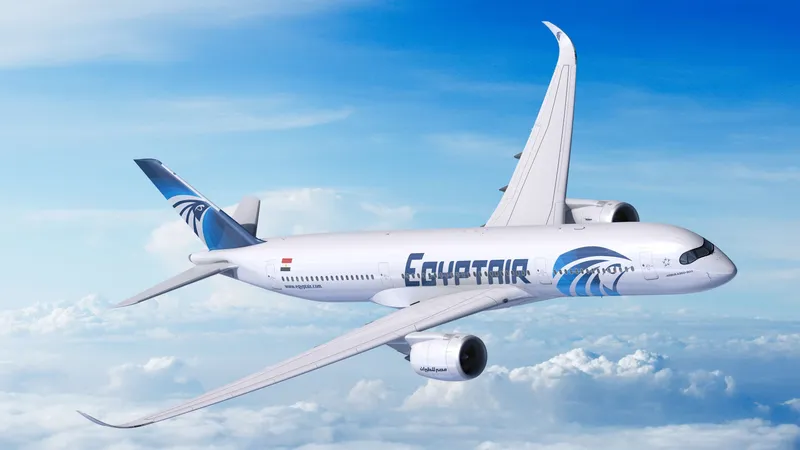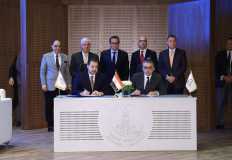
A recent report by the Organization of Arab Petroleum Exporting Countries (OAPEC) has highlighted the accelerating shift of nations towards developing sustainable aviation fuel (SAF). This fuel has become a significant factor in the global green transition in recent years.
SAF is a type of biofuel produced
from plant-based materials such as corn, cooking oil, animal fats, and
agricultural waste. While seen as a promising solution to decarbonize the
global transportation sector, SAF still faces challenges hindering its
widespread production, including high manufacturing costs and a lack of
supporting infrastructure and logistics.
Estimates suggest that SAF could
contribute up to 65% of the emissions reductions targeted by the global
aviation sector to achieve carbon neutrality by 2050. SAF stands out as a
promising low-carbon energy source in the global transportation sector, playing
a crucial role in accelerating climate action efforts which are a top priority
on national agendas.
Production cost is the primary
obstacle to expanding the use of SAF in the global aviation sector. Its price
ranges from about two to eight times that of traditional aviation fuel.
However, the gap between the costs of the two types is expected to narrow
gradually in the future, especially after the implementation of an emissions
trading system, according to the OAPEC report.
Some technologies used in SAF
production are also characterized by high capital costs, which account for 50%
to 70% of total production costs, such as the Fischer-Tropsch technology used
to process gases to produce fuel.
Moreover, the use of vegetable
oils in the production of SAF has led to environmental concerns arising from
the use of agricultural land for non-food purposes, which in turn leads to
higher prices for other agricultural products. Additionally, SAF requires a
costly infrastructure.
The OAPEC study cited Brazil as an example, which began producing bioethanol in 1970. Despite generous government support, it took the Latin American country more than 30 years to build supply chains until its production reached a level that met nearly 40% of the total demand for transportation fuel. SAF production also requires a highly efficient process to convert raw materials into consumable fuel, in terms of high energy consumption and the difficulty of disposing of waste generated by the process.
Despite possessing vast oil and gas reserves, most Arab countries are moving towards diversifying their energy mix and reducing emissions. They have a golden opportunity to become leaders in the production and export of SAF. Supporting Arab countries' goals in this regard is their possession of infrastructure and resources for renewable energy projects, as well as plants suitable for producing sustainable fuel, such as algae that can be grown in saltwater, and some drought-resistant plants like jatropha, among many other factors.
The OAPEC study identified seven Arab countries that have made significant strides in the production of SAF. These include the United Arab Emirates, Bahrain, Saudi Arabia, Qatar, Kuwait, Oman, and Egypt.





